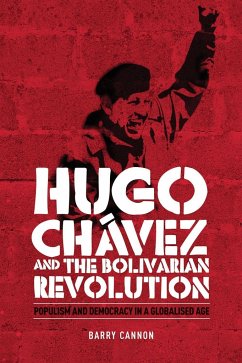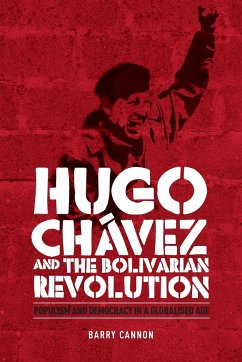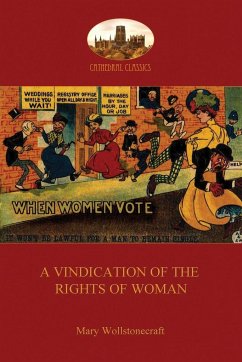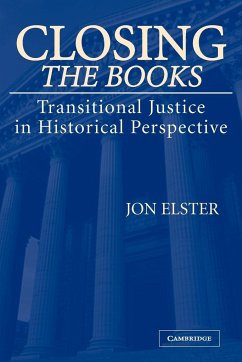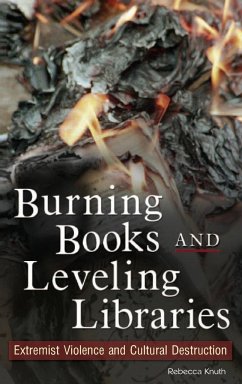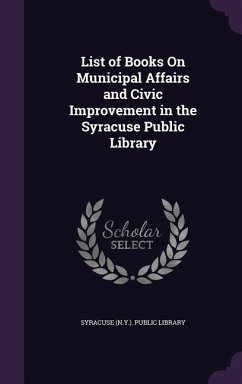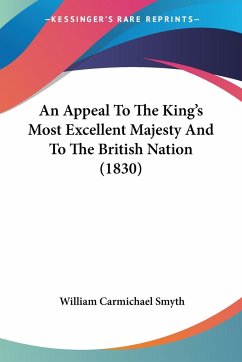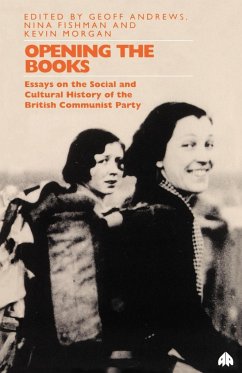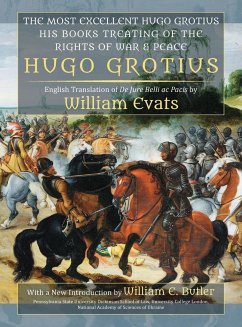
The Most Excellent Hugo Grotius, His Books Treating of the Rights of War & Peace
Versandkostenfrei!
Versandfertig in 1-2 Wochen
48,99 €
inkl. MwSt.

PAYBACK Punkte
24 °P sammeln!
REPRINT OF THE RARE EVATS TRANSLATION The second English translation of Hugo Grotius' landmark work, De Jure Belli Ac Pacis (1625), translated by William Evats (c.1606/7-1677) and published in London in 1682. As William E. Butler points out in his introduction to this reprint: "The early English translations of the works of Hugo Grotius on the law of nations are not the product of legal scholars or legal scholarship. We are indebted primarily to theologians for their appearance, either because Grotius figured prominently in theological discourse at various periods after his death or because hi...
REPRINT OF THE RARE EVATS TRANSLATION The second English translation of Hugo Grotius' landmark work, De Jure Belli Ac Pacis (1625), translated by William Evats (c.1606/7-1677) and published in London in 1682. As William E. Butler points out in his introduction to this reprint: "The early English translations of the works of Hugo Grotius on the law of nations are not the product of legal scholars or legal scholarship. We are indebted primarily to theologians for their appearance, either because Grotius figured prominently in theological discourse at various periods after his death or because his legal writings were espoused by dons dedicated to the cause of peace who considered the Grotian contributions to the law of nations to be a constructive step in the direction of a more peaceful world community." --William E. Butler, X HUGO GROTIUS [1583-1645], a pre-eminent contributor to international legal doctrine, was an influential Dutch jurist, philosopher and theologian. His many important works include De Jure Belli ac Pacis [The Law of War and Peace] (1625), which is widely considered to be the first master treatise on international law, and Mare Liberum [The Freedom of the Seas] (1609), in which he argues against territorial sovereignty of the seas.





